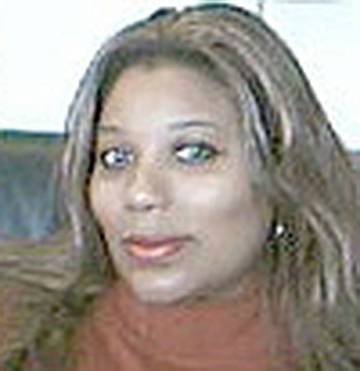You need training. No, you do.
You’re trying to quash Freedom of Speech. No, you are.
You’re subjective and personal. No, we’re not.
That quickly sums up the most-recent online meeting of the Bainbridge Island Ethics Board.
The board was discussing separate complaints made against Councilmembers Michael Pollock and Kirsten Hytopoulos and Mayor Rasham Nassar.
Remarks made about Pollock were heard during public comments. The board previously had ruled valid complaints made against Pollock about things he said months ago when Jane Lindley and Brenda Fantroy-Johnson were facing off to become members of the City Council.
The board said Pollock transmitted an inflammatory email that potentially disparaged or maligned not only the complainant (Lindley) but Pollock’s fellow councilmembers.
Some members of the Race Equity Advisory Committee came to his defense.
Peggi Erickson said Pollock did not call anyone “racist,” which was one of the allegations. Erickson said racism permeates all institutions, so to talk about it is “uncomfortable” and can make many “defensive.” She said Pollock was trying to raise awareness in a “white, liberal community.” Erickson said Pollock would not have been called out if the ethics board would learn about the topic and “use a race equity lens” when making decisions.
Eric Stahl called the ethics board ruling out of line. He said such decisions can squelch speech on important issues. He said at least one person on the City Council has said such comments should not be published in the newspaper, which targets the First Amendment. Stahl said civility sometimes has to give way to protect speech.
Cindy Anderson said Pollock’s email was “not inflammatory,” just a personal opinion-a different perspective. She said it was unfair for the ethics board to make a ruling about an opinion.
Ron Peltier said the ethics board was wrong in saying city email should not be used to share personal opinion. He recommended ethics board members get training on the Public Records Act.
Another caller added he found it interesting that only white members of the Race Equity committee supported Pollock and suggested he is the one who needs anti-racist training.
Ethics board members were then allowed to respond to the public comments.
Dona Keating said freedom of speech is not absolute – that people must face the consequences of their words. She added that free speech is most often thought of in favor of the person speaking, but the response is also free speech. As a person of “mixed race,” she said she takes exception to the comment that the ethics board needs training on race equity.
David Mallon said that he respects the role of a gadfly being able to poke to inspire change. But he said people who don’t like the ethics board calling out city leaders based on their opinions should tell the City Council so it can change the ethics board process.
Meanwhile, the ethics board dismissed the complaint filed by Peltier against Hytopoulos. It alleged she voted to amend Ethics Board Operating Rules, regarding anonymous or third-party complaints. The “hot mic syndrome” discussion was very short. Basically, Mallon said public officials need to be careful at all times with what they say.
Two complaints against Nassar, made by ethics board member Jim Cash, were also dismissed, but not until after a lengthy discussion. Cash had to recuse himself and later board chairman Tyler Weaver did, too.
Cash said Nassar wrote an opinion piece published in the Bainbridge Island Review about Harrison Medical Center becoming the city’s new police-court facility showed personal bias, which brings into question her impartiality and integrity. She also claimed some may have “ulterior motives in the decision.”
The remaining members of the ethics board accused Nassar of “election pandering.” Mallon said politicians are always running for office, and looking for ways to get their views published so they are more likely to get elected next time.
“It’s a sign of the times,” Keating said, adding it’s “lowering the bar” on free speech.
Ethics board member Karen Anderson said even though Nassar had a private interest in speaking out it did not reach the level of a valid complaint.
Regarding the other complaint, Keating said Nassar’s comment makes the situation “look suspicious,” and by doing so does not reach the high standards city leaders are supposed to adhere to.
Karen Anderson took issue with Nassar’s comment that, “Taxpayers deserve to know the truth,” regarding Harrison being purchased for a police-court facility.
Mallon said it’s not the ethics board’s job to judge the newspaper article. He said it showed bias, but even if the board thinks Nassar “crossed the line” it can’t act on impartiality.
In response to the ethics board’s complaint against Nassar, community activist Cindy Anderson has since filed a criminal complaint with Bainbridge Island police and suggested the U.S. Attorney’s Office get involved due to federal issues.



